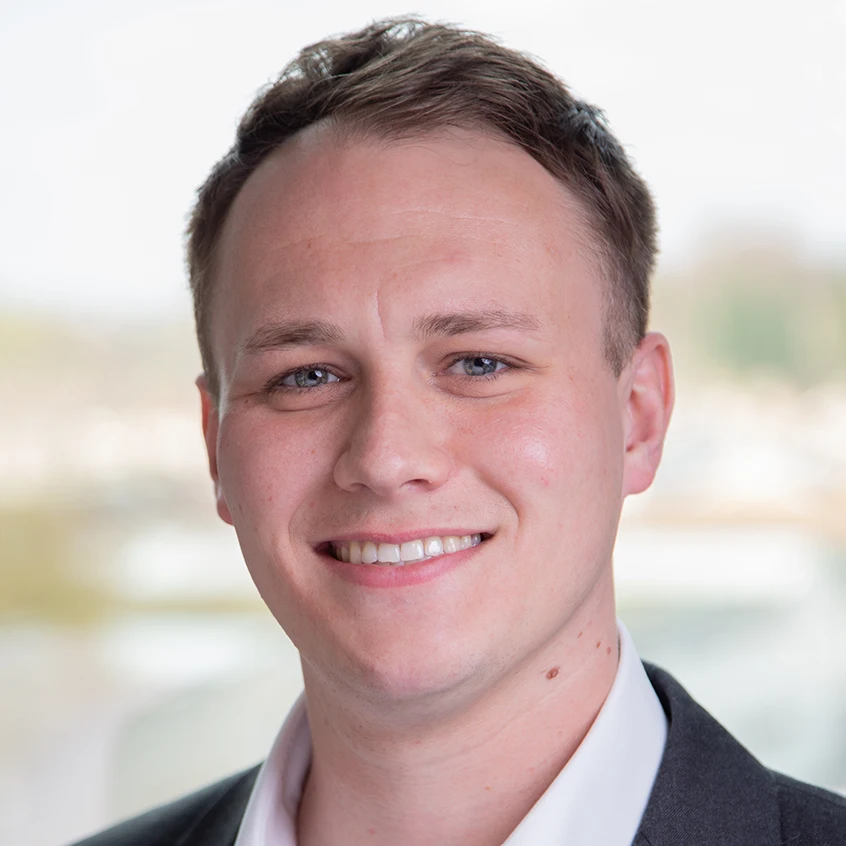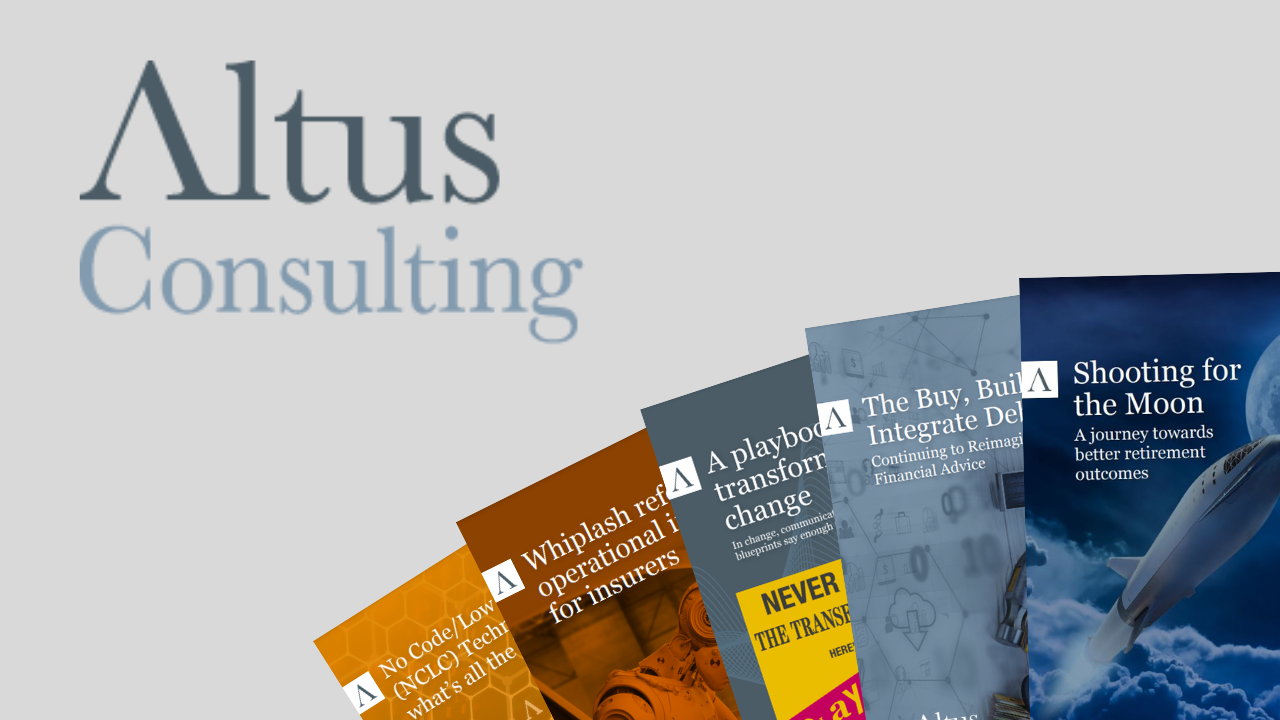September. That time of the year when the nights start drawing in, the cricket season comes to an end, and for teenagers up and down the country, the anticipation of exam results turns into the beginning of new chapters.
My 16-year-old cousin is one of those such teenagers. Having recently received his GSCE results, he’s enrolled at college and about to begin a trade-based diploma. But like so many others his age, up until this point, he hasn’t really known what he’s wanted to do next; and will be the first to admit he still probably doesn’t…
It’s served as a reminder of the pressure that can be felt at that age to have your future mapped out and has made me reflect on my own path through formal education, to first jobs, and to the role I find myself in today.
Casting my mind back to that time in my life, I remember just how unsure I was, too. I’d always been academic, achieved good GCSE grades and was marked down as a student that would ‘naturally’ go on to study at university. I picked my a-levels based on those subjects I had either excelled at or found most interesting, but had never really mapped out, or even given much thought to, a potential career path.
A-levels came and went and off I ventured to university, in part because it’s what I thought I ought to be doing. However, it quickly became apparent to me that 3 years of further full-time education was not the path I wanted to go down after all. Having taken a year out to work, I had become accustomed to earning a wage and a 9-5 routine.
My parents, neither of whom had undertaken further education themselves, were understanding, which made the decision to call time on university a little easier. But then came the bigger conundrum… what on earth was I actually going to do?
I’m reliably informed by said parents, that when I was a child, I had two career aspirations; to be a bin man or to play the big bass drum in a marching band. But beyond that, I’d never really given much thought to what I wanted to be when I ‘grew up’ (in many ways I’m still trying to figure that out now!).
During my year out of full-time education, I had taken a temp job at a building society in my hometown; opening ISA’s over the busy tax-year-end period. It was this experience, coupled with a growing interest in the investments industry, that made me realise a career in Financial Services seemed like something worth pursuing. The problem was, a large proportion of the entry level roles I was finding still wanted recent graduates with at least a 2:2 in a related degree; something I did not possess.
What I did possess, however, was a solid work ethic and the desire to forge a career. Undeterred, I carried on searching and, in time, stumbled upon a job advert for a ‘stockbroking administrator’ at a large D2C investment platform. Despite my lack of a degree (it came up in the interview) I was offered the role, and it was here that I would spend the next 7 years learning about the industry.
From asset servicing to dealing, to reconciliations and first-line risk and control, it provided a fantastic grounding in the world of investment platform operations and everything that goes with it. It was this opportunity to learn, both on the job and through studying for industry qualifications, that I had been hoping for.
Over the years, I was pleased to see an increase in the number of roles aimed at, or at least open to, those who had not decided to take the university route. However, as an industry it is something we can, and must, still do better to promote. There are countless talented, driven individuals out there who could bring huge value to the sector if they are just given the opportunity, and not screened out at the first pass.
So, as a 29-year-old Management Consultant, fortunate enough to now be advising those businesses I’d aspired to work for, what would I say to 16-year-old me? I’d say this…
It’s okay not to know what comes next. If something interests you, seek out opportunities in it and grab them with both hands when they present themselves. Engage, apply yourself and back the decisions you make; it’s your future after all. But above all else, enjoy what you do. Enjoyment and passion will mean a lot more to your growth and career than anything else in the long run. You’ve got this.




